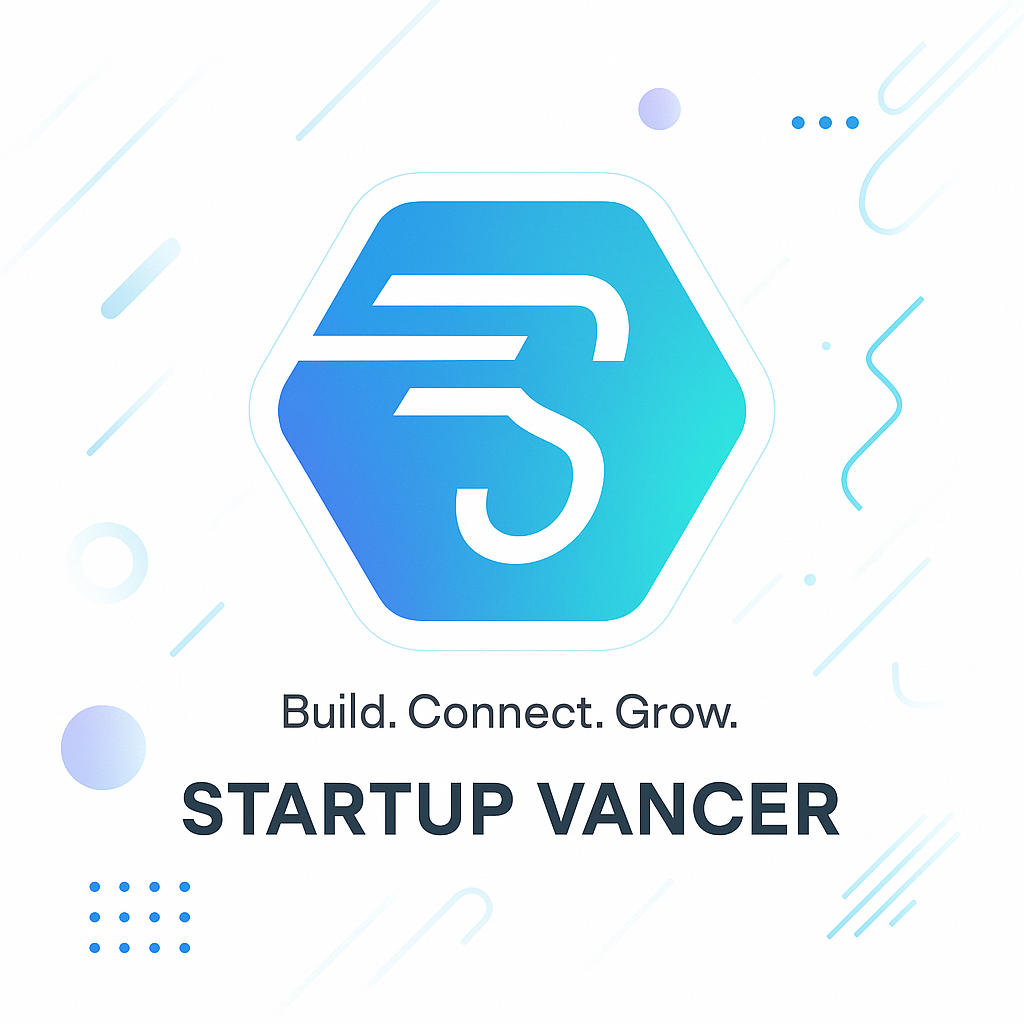
The advent of 5G Technology is reshaping the landscape of innovation for startups, unlocking unprecedented opportunities for growth and transformation. As businesses increasingly rely on ultra-fast connectivity, they can explore new frontiers and refine their operations. Moreover, the integration of edge computing amplifies these prospects by enabling enhanced business models and more responsive applications. By examining the powerful synergy between 5G Technology and edge computing, startups can harness these advancements to drive their success and stay ahead in a competitive market.
The Impact of 5G Technology on Startup Innovation
The advent of 5G Technology is revolutionizing the landscape for startups, providing unprecedented opportunities for innovation. Ultra-fast connectivity enables these emerging companies to develop and launch products that were previously unimaginable. With the ability to transmit data at lightning speeds, startups can optimize their operations, enhance user experiences, and significantly reduce latency.
Furthermore, access to bigger bandwidth facilitates the integration of advanced technologies such as the Internet of Things (IoT) and artificial intelligence (AI). Startups can leverage these advancements to create smart applications and solutions that cater to diverse industries, from healthcare to entertainment. As a result, the full spectrum of innovation potential is unleashed, allowing startups not only to compete but to lead in their respective markets. This transformative era emphasizes the need for agility, creativity, and strategic planning to harness the full capacity of 5G Technology.

Leveraging Edge Computing for Enhanced Business Models
Startups can significantly leverage edge computing to enhance their business models by optimizing data processing and improving efficiency. By decentralizing data management, edge computing allows businesses to process information closer to the source, leading to reduced latency and faster response times. This real-time capability is critical for industries like healthcare, where quick decision-making can save lives, or for autonomous vehicles requiring instant data processing for safety.
Moreover, startups can utilize 5G technology in conjunction with edge computing to create innovative solutions that capitalize on the Internet of Things (IoT). For instance, smart cities can benefit from real-time traffic management systems, efficiently analyzed at the edge. Furthermore, by integrating edge solutions, startups can reduce bandwidth costs while enhancing user experiences—ultimately differentiating themselves in competitive markets. This combination not only streamlines operations but also opens doors for new revenue streams and market opportunities.
Frequently Asked Questions
What are the primary benefits of 5G connectivity for startups?
5G connectivity offers numerous benefits for startups, fundamentally transforming their operational capabilities. The ultra-fast speeds and low latency associated with 5G enable startups to deploy applications that require real-time data processing and communication. This is particularly advantageous for sectors such as healthcare, where telemedicine applications can function seamlessly, and manufacturing, where smart devices rely on immediate feedback. Moreover, 5G facilitates enhanced mobile broadband, supporting high-definition video streaming, which can elevate user experiences in digital services. Overall, 5G opens up new avenues for innovation and growth, allowing startups to test and implement new ideas more efficiently.
How does edge computing complement 5G technology for startups?
Edge computing significantly complements 5G technology by processing data closer to the source, which is essential for harnessing the full potential of ultra-fast connectivity. For startups, this means they can operate with reduced latency, ensuring that applications requiring instantaneous data feedback, such as augmented reality (AR) and Internet of Things (IoT) devices, perform optimally. By leveraging edge computing, businesses can also reduce bandwidth costs and improve data security as sensitive information can be processed locally instead of transmitting it to centralized servers. Overall, the synergy between edge computing and 5G provides startups with a powerful platform for innovative solutions and enhanced operational efficiency.
What types of applications can startups develop using 5G and edge computing?
Startups can explore a diverse range of applications using the capabilities provided by 5G and edge computing. For instance, they can develop advanced smart city solutions, including traffic management systems that utilize real-time data to optimize urban mobility. In the healthcare sector, telemedicine applications can be created to offer remote consultations with minimal latency, ensuring the highest standard of care. Startups in the entertainment industry can create immersive experiences through AR and VR technologies, delivering high-quality content to users with seamless interaction. Additionally, industries such as agriculture can benefit from precision farming applications that leverage real-time analytics, aiding in efficient resource management. The possibilities are virtually limitless, allowing startups to innovate across various sectors.






